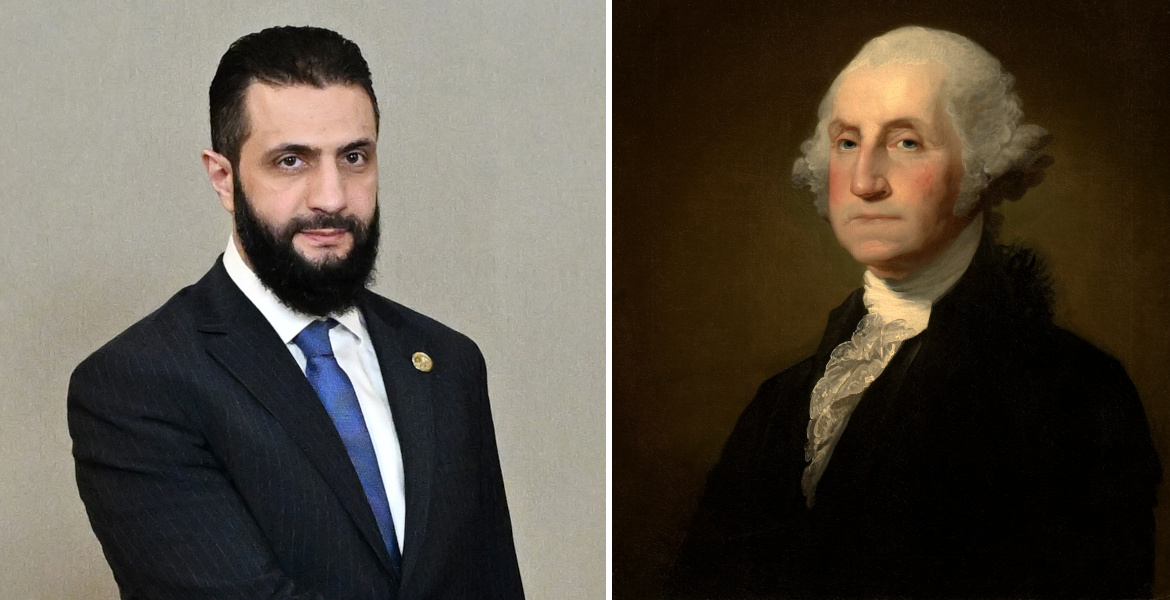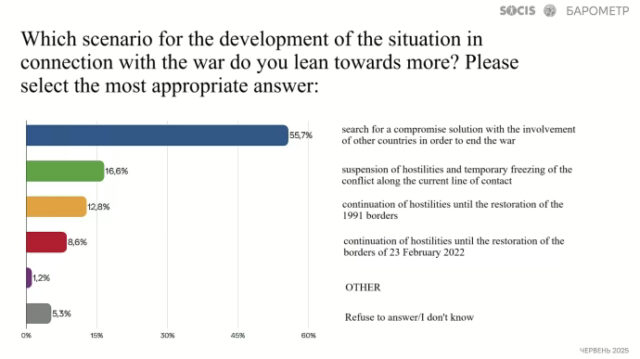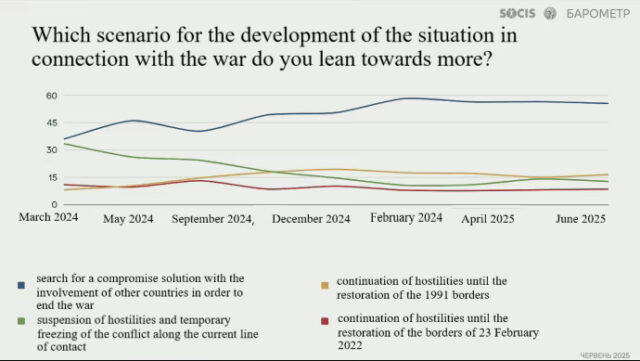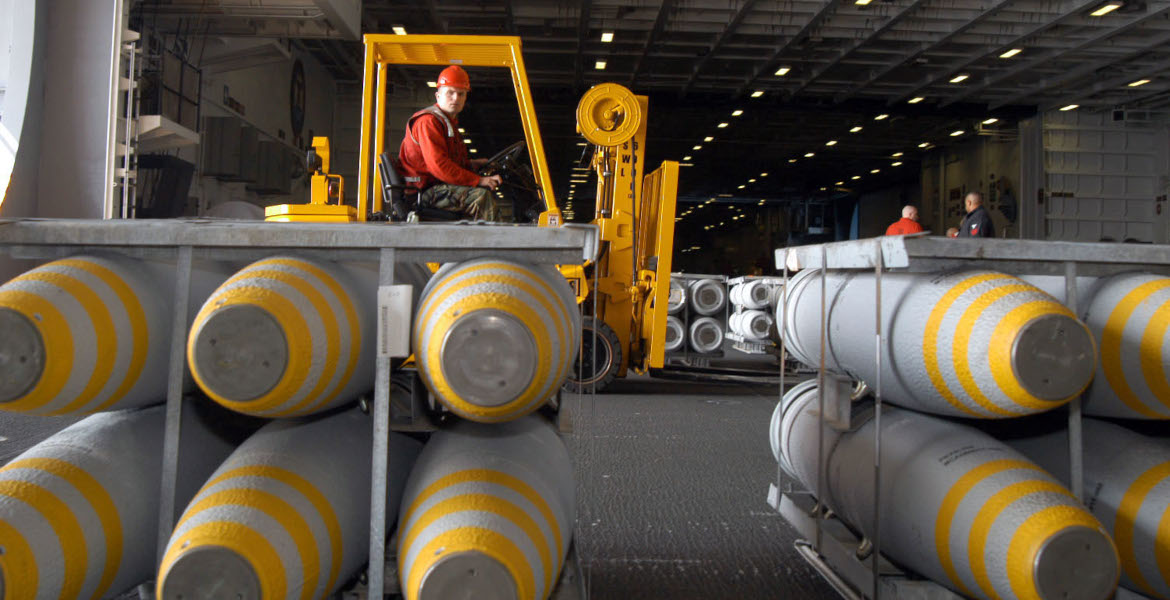Tensions in the Middle East are rising dramatically following Israel’s deadly assassination of Hamas leader Ismail Haniyeh in the Iranian capital, Tehran, with the UN Security Council expressing deep concern that the situation could escalate into a full-scale war between Israel and Iran.
Ismail Haniyeh was killed in Tehran early Wednesday morning after attending the inauguration of Iran’s new president, Masoud Pezeshkian.
The assassination has drawn condemnation from many quarters, especially in the Middle East, but also in selected parts of the rest of the world, and is seen by some as a provocation that risks triggering violence and retaliation in an already volatile region.
Israel has reportedly been accused of being behind the assassination, but has yet to officially confirm its responsibility, and speculation is growing about possible retaliation by Iran and its allies, including Hezbollah in Lebanon, which borders Israel.
The situation is exacerbated by the fact that the incident follows Tuesday night’s deadly Israeli strike in the Lebanese capital, allegedly targeting Hezbollah’s top commander Fuad Shukr, when a missile struck an apartment in Hezbollah’s Dahiya stronghold in Beirut.
BREAKING NEWS 🚨 🚨 Israel killed two of its enemies. Hamas leader Ismail Haniyeh was killed in an airstrike. Commander Fuad Shukr died in Beirut.
Now, in view of the increasing attacks in the country, the United Nations Security Council has called an emergency meeting. The… pic.twitter.com/7R1umyu7ja
— Newsbox (@Newsbox365IN) August 1, 2024
Vows Retaliation
According to an article in the Irish Times, Israel is preparing for possible military responses from both Iran and Hezbollah. The Israeli prime minister has stressed that the country is ready to defend itself and will use force if necessary.
Iran’s supreme spiritual leader, Ayatollah Ali Khamenei, is reported to have ordered the country’s armed forces to plan a retaliatory attack against Israel and prepare for an expanded war during an emergency meeting of Iran’s Supreme National Security Council.
The Washington Post reports that senior Hezbollah officials condemned the attack and vowed to retaliate. Hezbollah is reportedly calling for “united action against Israel” and claiming that “Haniyeh’s assassination is part of a broader strategy to destabilize the region.
UN calls for restraint
UN Secretary-General António Guterres has called on all parties to exercise restraint and stressed the importance of dialogue to avoid further escalation. However, there are concerns that the developments could lead to an escalation of violence in the region.
Analysts warn that the outbreak of a full-scale war could have devastating consequences, not only for the parties directly involved, but also for the entire region. International actors are urged to act quickly to mediate and prevent the situation from deteriorating further.











